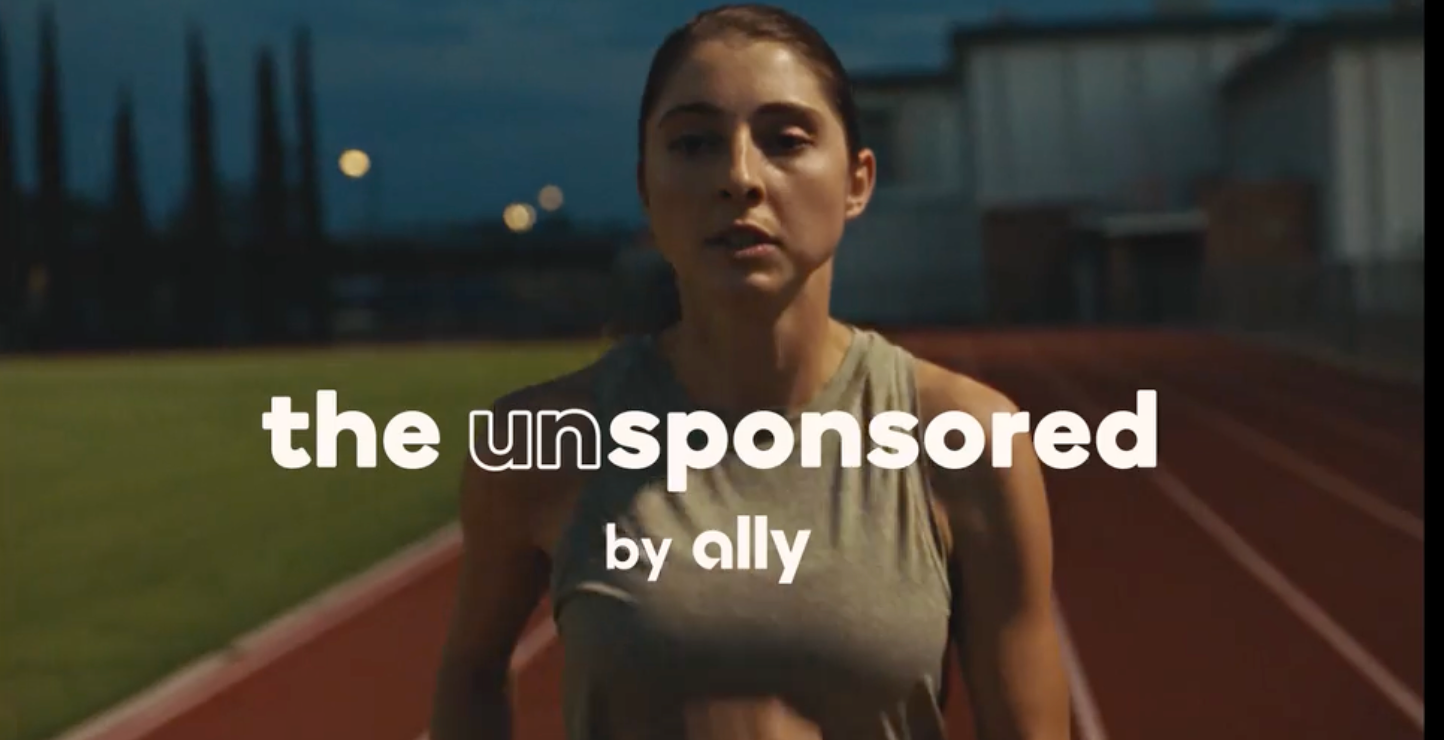Member Exclusive, Modern Marketing
Ally highlights bootstrapped Olympic athletes gunning for gold in a new campaign
- Ally launched a national campaign called The Unsponsored featuring athletes with little to no financial backing.
- Ally also donated $250,000 to three athletes to help them along their journeys to being the best in their sport.








